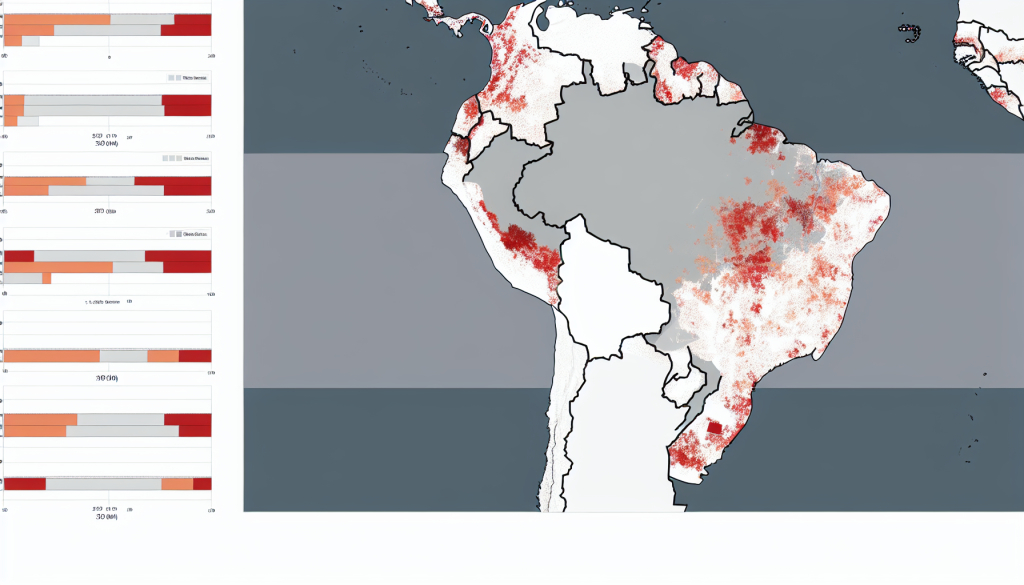Teen Obesity Linked to Parents' Body Mass Index at a Similar Age

— Moderate Link Between Parents' and Children's BMI at 17 Years Old
Teens with parents who had obesity at the same age were significantly more likely to experience similar issues, as suggested by a large-scale Israeli cohort study.
Analyzing data from around 450,000 participants, researchers led by Gabriel Chodick, PhD, of Tel Aviv University, observed that 76.6% of 17-year-olds whose parents struggled with obesity at age 17 also had either obesity or were overweight. In stark contrast, just 15.4% of teens had overweight or obesity if both parents maintained a healthy BMI at that same age.
The researchers, reporting in JAMA Network Open, also discovered that among children whose parents were severely underweight at 17, only 3.3% experienced issues with being overweight or obese.
The correlation between midparental and offspring BMI was 0.386, highlighting a moderate heritability connection, the team reported. The midparental BMI was calculated by averaging the BMI percentiles (adjusted for sex) of both the mother and father for each cohort.
Compared to children of parents with healthy BMIs, those whose parents had obesity faced notably higher risks of developing the condition by age 17. The likelihood was even more pronounced when both parents were obese:
- Maternal obesity: OR 4.96 (95% CI 4.63-5.32)
- Paternal obesity: OR 4.48 (95% CI 4.26-4.72)
- Both parents with obesity: OR 6.44 (95% CI 6.22-6.67)
Additionally, the odds of having obesity rose significantly, up to 3.11 times higher for those whose parents were overweight at 17.
"Genetics plays a pivotal role in a child's and adolescent's likelihood of developing obesity," Chodick remarked in an interview with MedPage Today. However, he stressed that identifying children who are "at risk" early can pave the way for adopting healthier habits more easily.
Chodick also noted that earlier studies often examined parent and child BMI at different life stages, making it challenging to separate genetic factors from environmental influences. "In our study, we measured parents at age 17, long before they became heads of households," he explained, providing a clearer picture of genetic factors.
The study revealed that the link between parental obesity and a child’s BMI was more pronounced in daughters than sons. The relationship between mothers' and daughters' BMI was stronger than the correlation between mothers and sons. Moreover, maternal obesity was more strongly associated with female offspring obesity compared to paternal obesity.
As the researchers pointed out, this could signify complex interactions between genetics and environment and might also indicate unique sex-specific factors affecting the inheritance of BMI.
Interestingly, these trends held constant across the period of BMI measurement, suggesting consistency across varying birth years, family size, and health metrics.
The study involved a massive cohort of 447,883 children and their parents, accumulating a total of 1,343,649 individuals. The sample came from Israeli military enlistees who underwent mandatory health screenings between 1986 and 2018. Approximately 47.5% of the offspring were born in Israel, followed by 21.5% from Europe or the U.S., 15.9% from Asia, 13% from Africa, and 2% from the former Soviet Union.
Demographically, 52.5% of the offspring were male, with a median birth year of 1993. The average BMI for the participants was 22.22, while the average weight clocked in at 63.46 kg. The parents, with a median birth year around 1962, had an average BMI of 21.36, with an average weight of 60.49 kg.
One notable limitation the study faced involved the lack of other weight-related measures, such as waist circumference, which isn’t routinely recorded by the Israeli Defense Force. The researchers highlighted previous studies that found both mother's and father's waist circumference had stronger connections with their children's waist circumference compared to BMI correlations.
Disclosures
Lead researcher Gabriel Chodick declared no conflicts of interest.
One co-author disclosed their association with Novo Nordisk A/S Denmark, as well as a relationship with the European Association for the Study of Obesity.
Primary Source
JAMA Network Open
Source Reference: Chodick G, et al "Heritability of body mass index through family generations" JAMA Netw Open 2024; DOI: 10.1001/jamanetworkopen.2024.19029.

